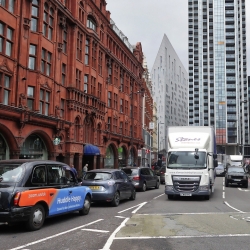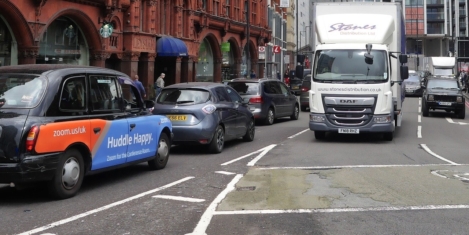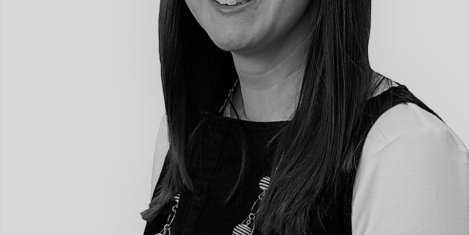February 4, 2020
Outdoor workers exposed to 15 percent more pollution than average
 Outdoor workers in the capital are exposed to 15 percent more pollution than the average Londoner, new research has claimed. Over six months, the Canairy app developed by King College London gathered data from two groups of Londoners, some mostly working in offices and others mostly working outside. Both groups were exposed to high levels of air pollution but those working outside fared worst, being exposed to air pollution breaching guidelines for NO2, particulate matter (PM2.5 and PM10) and ozone. Some maximum exposures were nearly two thirds higher than recommended World Health Organisation (WHO) limits. (more…)
Outdoor workers in the capital are exposed to 15 percent more pollution than the average Londoner, new research has claimed. Over six months, the Canairy app developed by King College London gathered data from two groups of Londoners, some mostly working in offices and others mostly working outside. Both groups were exposed to high levels of air pollution but those working outside fared worst, being exposed to air pollution breaching guidelines for NO2, particulate matter (PM2.5 and PM10) and ozone. Some maximum exposures were nearly two thirds higher than recommended World Health Organisation (WHO) limits. (more…)









 Four in 10 workers around the world are concerned about their health but don’t want to go to the doctor, a new research report has claimed. Although 40% of workers said they are worried about their long-term health, the same number hadn’t had a health check in the last year and most have no idea about basic indicators such as what their cholesterol level or body fat is. Inflexible and long working hours are compounding the problem, the report by
Four in 10 workers around the world are concerned about their health but don’t want to go to the doctor, a new research report has claimed. Although 40% of workers said they are worried about their long-term health, the same number hadn’t had a health check in the last year and most have no idea about basic indicators such as what their cholesterol level or body fat is. Inflexible and long working hours are compounding the problem, the report by 
 Data entry is the world’s most hated office technology task, with workers wasting about 40 percent of their day on this and other ‘digital admin’, a study has claimed. In a survey of 10,500 office workers spanning 11 countries, respondents said they average more than three hours a day on manual, repetitive computer tasks which aren’t part of their primary job and are ripe for human error.
Data entry is the world’s most hated office technology task, with workers wasting about 40 percent of their day on this and other ‘digital admin’, a study has claimed. In a survey of 10,500 office workers spanning 11 countries, respondents said they average more than three hours a day on manual, repetitive computer tasks which aren’t part of their primary job and are ripe for human error. 





















February 4, 2020
Blundering blindly towards the truth about work and workplaces
by Mark Eltringham • Comment, Workplace